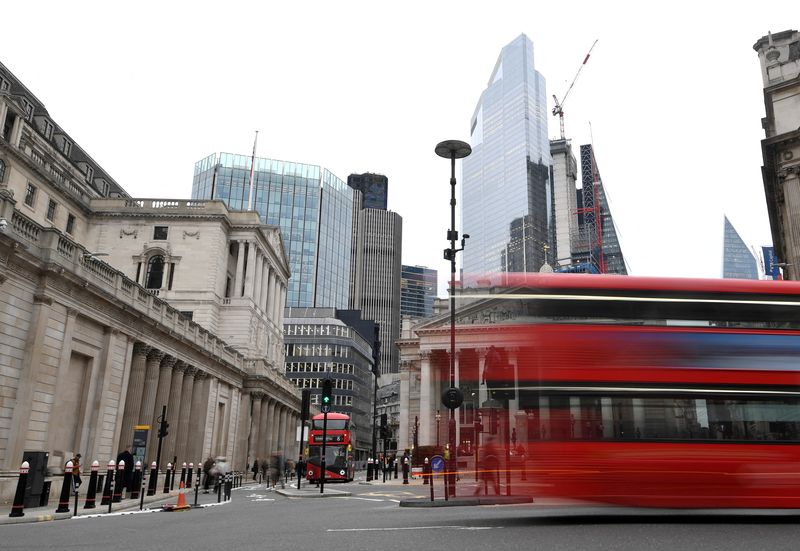By David Milliken
LONDON (Reuters) -The Bank of England will face a tricky balancing act when it considers future interest rate rises, because of the hit to people's disposable income being dealt by surging inflation, BoE policymaker Silvana Tenreyro said on Wednesday.
The BoE's mandate required it to look at the likely level of inflation two to three years ahead, and avoid actions that would cause inflation to significantly undershoot its target, she said in a panel discussion hosted by Milan's Bocconi University.
"Looking ahead, we do face a very fine balance ... because aggregate demand will be depressed," Tenreyro said.
"Workers now will find themselves in a very difficult situation. They will face very stark choices and their real incomes will suffer," she added.
Earlier on Wednesday, the BoE's chief economist, Huw Pill, said he thought more interest rate rises would be needed but that the central bank needed to guard against the current economic slowdown turning into a deep recession.
The BoE has faced criticism, including from one of its former governors, Mervyn King, for failing to act sooner to curb inflation, which hit a 40-year high of 9.0% in April.
Tenreyro said central banks could not be expected to predict economic shocks such as surges in energy prices which financial markets had also failed to foresee.

Even if the BoE had known the shock was coming, the action needed to keep inflation close to 2% in the short term would have pushed unemployment unacceptably high and weighed down too much on inflation further out, she added.
The BoE has raised rates four times since December, including this month when they rose to 1%. Financial markets expect the BoE to raise rates to 2% or 2.25% by the end of the year, and to 2.5% by mid 2023.
